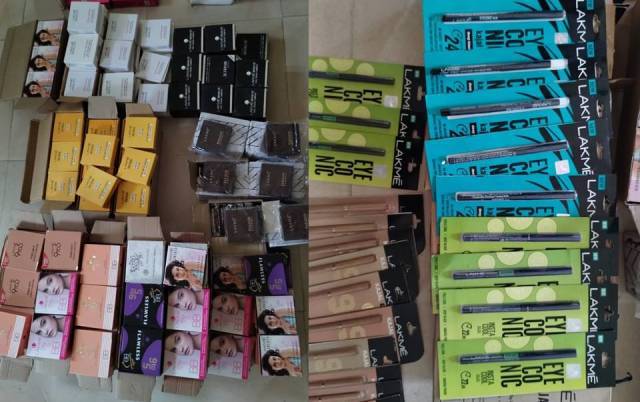The Polokwane specialised commercial crimes court has sentenced two Zimbabwean nationals who were caught trying to smuggle illegal cigarettes worth R9m into the country.
Marshall Masiya was sentenced to 18 months’ imprisonment for illegal immigration while his co-accused, Oswald Raisi, was sentenced to eight years for corruption after he tried to bribe the official who discovered the contraband.






